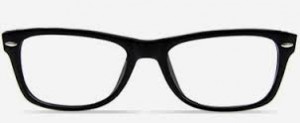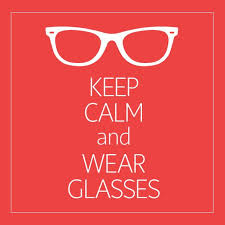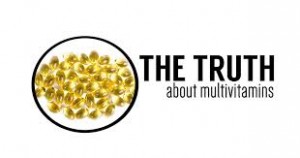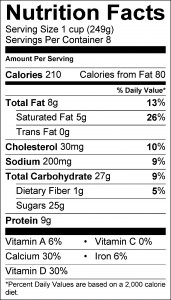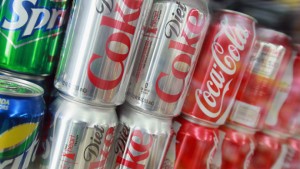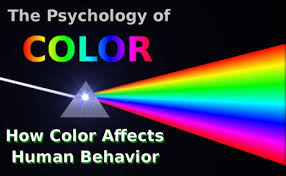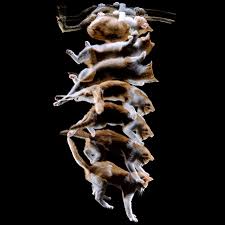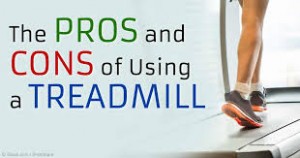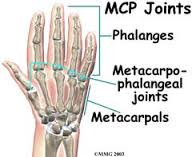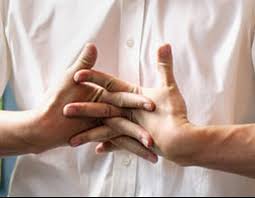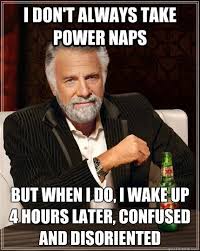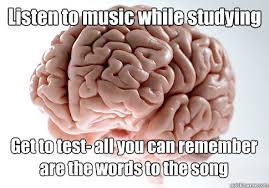All through high school people told me I need to get eight hours of sleep. I always wondered why this was and if it really made a difference because for one, I never was able to get eight hours of sleep, and two, I seemed to feel better when I got less sleep. It seemed to me that my circadian rhythm had simply synced with my new sleeping patterns, and thus I didn’t need to get the full eight hours of sleep. However, in college I have found that I am getting more sleep than ever before, but consists of me staying up much later and waking up much later. This, to me, does not seem to be a very healthy way to live, and I am curious what I can do to make things better. I want to know three very specific questions. 1) Does it matter what hours you sleep? 2) Do I as a college student need the full eight hours of sleep to function? 3) Can I make up for lost sleep by simply sleeping longer on the weekends?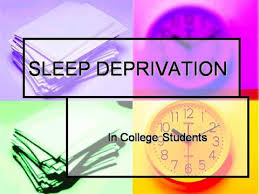
This first question can be slightly difficult to answer because everybody’s bodies differ so greatly. However, according to an article from TIME, Dr. Matt Walker says it definitely makes a difference. Dr. Walker is the head of Sleep and Neuroimaging Lab at UC Berkeley and he warns us that what times we sleep at night can actually affect the how well we sleep. When you sleep, you switch from non-REM sleep to heavy REM sleep. It does not matter what time you go to sleep, this cycle happens naturally form the early night, to the early morning. So, when you are falling asleep really late at night, you are skipping this lighter sleep, which in turn forces you to go into REM. Then when you are waking up later, you are coming out of this deeper sleep, which can cause you to be groggy and lethargic throughout the day.
So what is the perfect time for you to go to bed? Well it really depends on whether you as a person. If you are hardwired to stay up later, you shouldn’t try to force yourself to go to sleep earlier. However, the critical time for you to go to bed is anywhere from 8 P.M. to midnight. This is when your brain can get the non-REM sleep it needs for you to be functional the next day.
Now we move onto the second question… Do I as a college student need the full eight hours of sleep? Research was done by the National Sleep Foundation that included eighteen highly qualified scientists that met and discussed over 300+ current studies on sleep quantity, and then voted on the new age groups and recommended hours. What they found was very interesting, but in particular the difference between college students and high schools student. For ages 14-17 it is recommended that they get between 8-10 hours of sleep. However, age 18-25 it goes down to 7-9 hours, with anywhere from 6 hours and as high as ten to 11 hours being acceptable. So this is still showing that as a college student I should be trying to get the full eight hours of sleep, but that my body can function with as little as 7.
Personally I find that when I oversleep, I wake up groggy. This is most likely due to waking up out of deep REM instead of letting my body finish the cycle. However, I found it interesting that high school students were recommended to get more sleep than college student. I mean in high school they are getting up much earlier, and usually have a full schedule, whereas in college you can control your classes and sleep ties. However, I would think with the extra workload, college students would need more sleep to be healthy and active.
The last question is can I catch up on sleep by sleeping longer on the weekends?
Well according to acn article on sleep.org, if you are constantly losing sleep during the week, you will have a hard time making up for lost time. If you are sleeping in on the weekends and staying up really late, it can throw off your usual sleep patterns which can make it harder to fall asleep during the week. This is not healthy and is not a great strategy for catching up on sleep. Instead, it suggests that you just start to adjust your sleeping times. You can do this by going to bed earlier, or just trying to get more sleep every night. Slowly getting more sleep is a better strategy than sleeping for long periods of times on your day off.
I know in college it can be very hard to get a good amount of sleep,but it is very important that we try. If you can regulate your sleeping patterns and try to get your 7-8 hours a night, you will feel better and more productive during the day. Sleep is crucial to our survival and our happiness and it is important that we take it very seriously.
Sources: http://time.com/3183183/best-time-to-sleep/
https://sleepfoundation.org/how-sleep-works/how-much-sleep-do-we-really-need/page/0/1
http://www.sleephealthjournal.org/article/S2352-7218%2815%2900015-7/fulltext
https://sleep.org/articles/get-rid-of-sleep-debt/
Picture Sources:
Picture one: http://www.authorstream.com/Presentation/kstokes-284402-sleep-deprivation-college-students-deprivati-Education-ppt-powerpoint/
http://blog.boundless.com/2013/07/our-favorite-college-memes/



